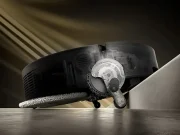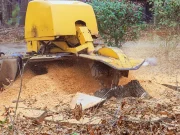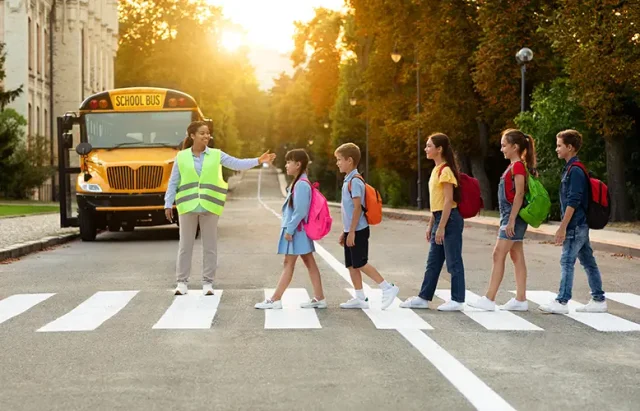As people across British Columbia prepare for back-to-school season, BCAA is reminding everyone to brush up on their road safety skills by reviewing top driving tips to keep school zones safe.
School zones are busy places with kids and adults walking or wheeling, and cars and busses dropping-off or picking-up students. Unfortunately, people in BC often report seeing heavy traffic and poor driving in school zones that puts pedestrians and other drivers at risk.
“As summer comes to an end and many of us prepare to get back into the routine of daily commutes and school-drop offs, it’s important that everyone takes the time to review road safety tips,” says Linda Lawlor, BCAA Community Impact Associate Manager. “Especially with increased traffic in school zones, there’s a need for extra care and attention from parents and caregivers, along with drivers who are passing through these busy spaces.”
BCAA’s tips to help make school zones safer for everyone include:
- Build in time to prevent rushing. BCAA understands the pressure parents can feel dropping off and picking up their children. Anticipate school zone congestion and give yourself extra time to get through it safely.
- Expect the unexpected. Look out for safety risks such as kids darting from cars, along with kids on wheels and other pedestrians.
- Follow school zone rules. Respect your school’s drop off and pick up procedures, along with traffic rules such as driving within the speed limit, stopping at marked cross walks and not driving distracted. If you’re not familiar, brush up on BC school zone driving laws.
- Reduce congestion. Consider walking or wheeling with your child or parking a block or two away and walking your child the rest of the way to school.
- Focus on what you can control. No matter what’s going on around you, be patient and courteous. Reacting with extreme frustration may aggravate the situation and increase the risk of unsafe behaviours.








































